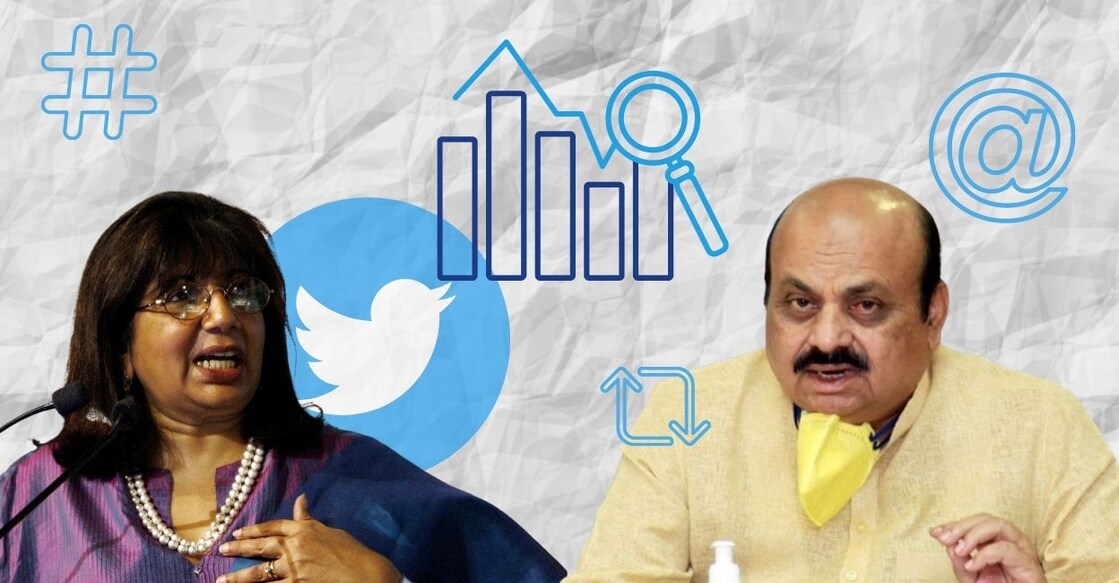Tharoor Line | Don't let communalism shatter big biz dreams

Mail This Article
One of the unwritten rules of Indian “big business” is never to criticise the government, any government. This is why, for instance, every annual Budget by every Finance Minister is greeted by our titans of industry as if it were a work of genius, on which public encomiums are gushingly showered. It is only after you have heard the same praise year after year that you realise that this is simply routine and that if you really want to know what a business leader thinks about the government’s economic policies, you need to speak to them in private.
“There’s simply too much at stake,” one senior businessman confided in me. “There is a premium placed on pleasing the government, and an even larger price-tag attached to offending the government. In our country there’s too much the government can do to you if you get on its wrong side – from unfavourable policy decisions to tax-raids and Enforcement Directorate enquiries. Much safer to say publicly what they want to hear.”
This is why the statement last week by Kiran Mazumdar-Shaw, the founder and head of Biocon, one of India’s (and the world’s) top biotech companies, made the waves it did. Shaw is a prominent figure in Bangalore, an internationally known woman entrepreneur who has placed India on the world’s biotech map. Her statement came in a tweet: “Karnataka has always forged inclusive economic development and we must not allow such communal exclusion -- If ITBT (information technology and biotechnology) became communal it would destroy our global leadership. @BSBommai please resolve this growing religious divide.”
The provocation for her remarks was not hard to find. After embroiling Karnataka in the needless “hijab controversy”, which deprived a number of Muslim girl students of the opportunity to attend colleges and take their examinations on time, the Hindutva forces had unleashed a campaign against halal meat and the authorities had banned Muslim traders from plying their wares near Hindu temples. A systematic effort to polarise society ahead of next year’s state assembly elections is under way, and Shaw, like many decent people, was appalled by the poison being spread in her state.
Chief Minister Basavaraj Bommai, whom she had tagged by name in her tweet, appeared to be uneasy with -Shaw's comment, but instead of calling for communal harmony as the state’s leader, he preferred to urge “all sections of society” to “observe restraint” before commenting on social issues. In other words, it was not the zealotry of the Hindutva activists that was the problem, but Kiran Mazumdar-Shaw's comment.
The controversy that erupted had the merit of drawing attention to the real-world consequences of the communal bigotry unleashed by the BJP in Karnataka, but it also drew the ire of the ruling party, and Kiran Mazumdar-Shaw soon hastened to soothe its inflamed temper. She took to Twitter again to say that the media was “very irresponsible in making this into a BJP issue”. She expressed her confidence that the Bommai government could be counted upon to resolve the crisis: “I am confident our CM @BSBommai will resolve the matter peacefully.” But her original message was still embedded in her concluding affirmation: “I am a proud Kannadiga and don’t want to see these incidents detract from economic progress. All parties need to work towards this.”
That’s the message. Big business and big tech are alarmed that communal disharmony could destroy the economic environment, drive investors away and damage social peace, undermining economic progress. It’s in all parties’ interests to prevent that happening. And the only business leader who had the courage to say that has quietly retracted her statement without actually withdrawing her words. Let us hope those who needed to hear her were listening.


